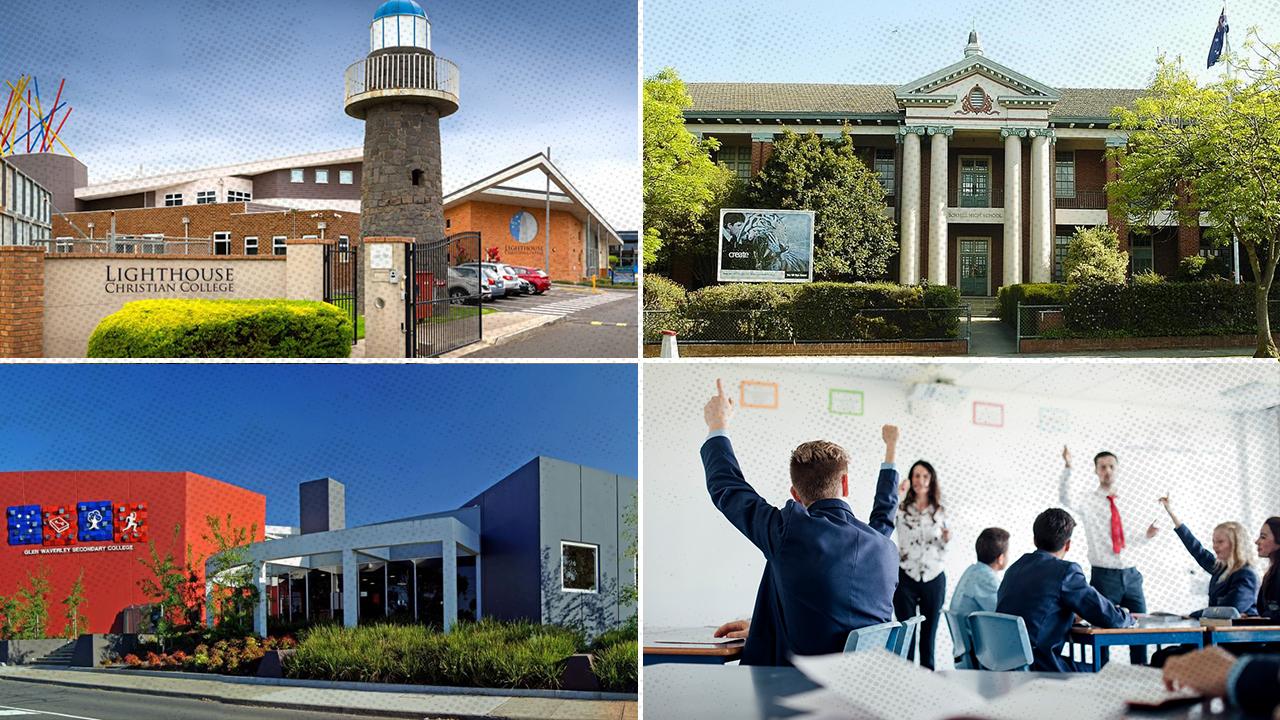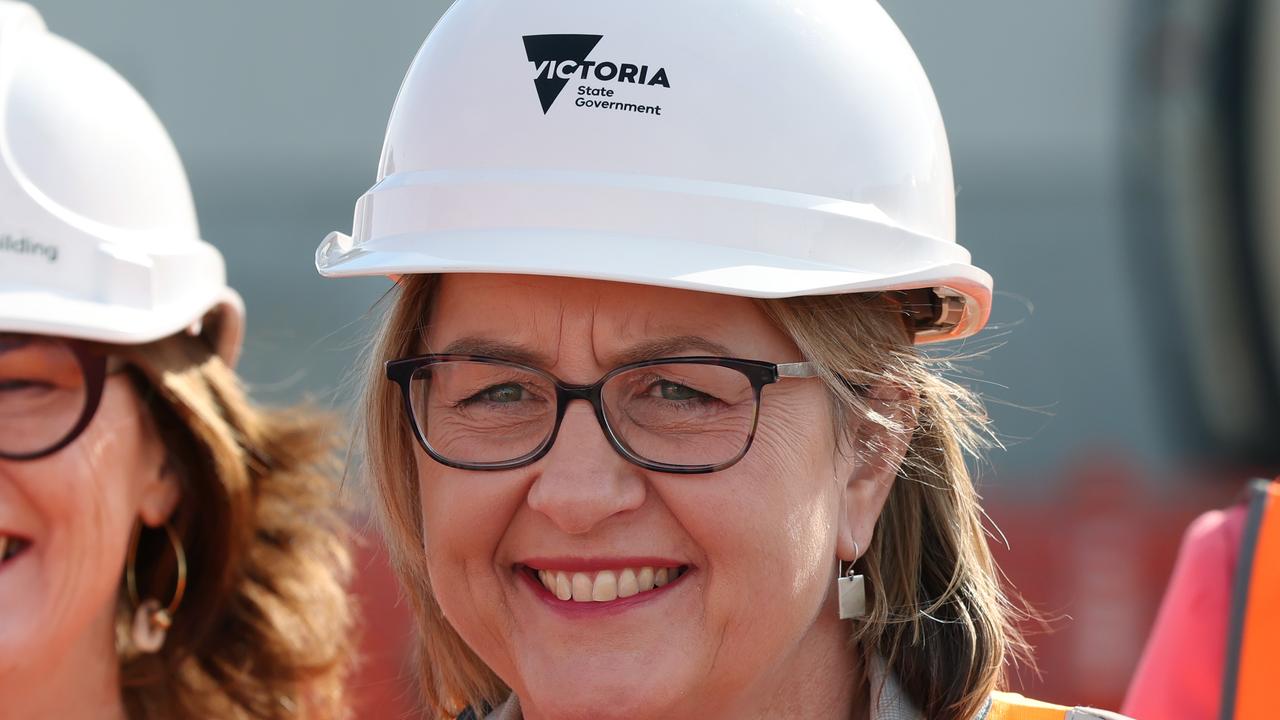Victoria eclipses NSW for average amount of money paid per capita in state, council govt charges
The Andrews government won’t say if next month’s budget will include new or higher taxes after revelations Victorians are being hit with the highest taxes per capita in the nation.
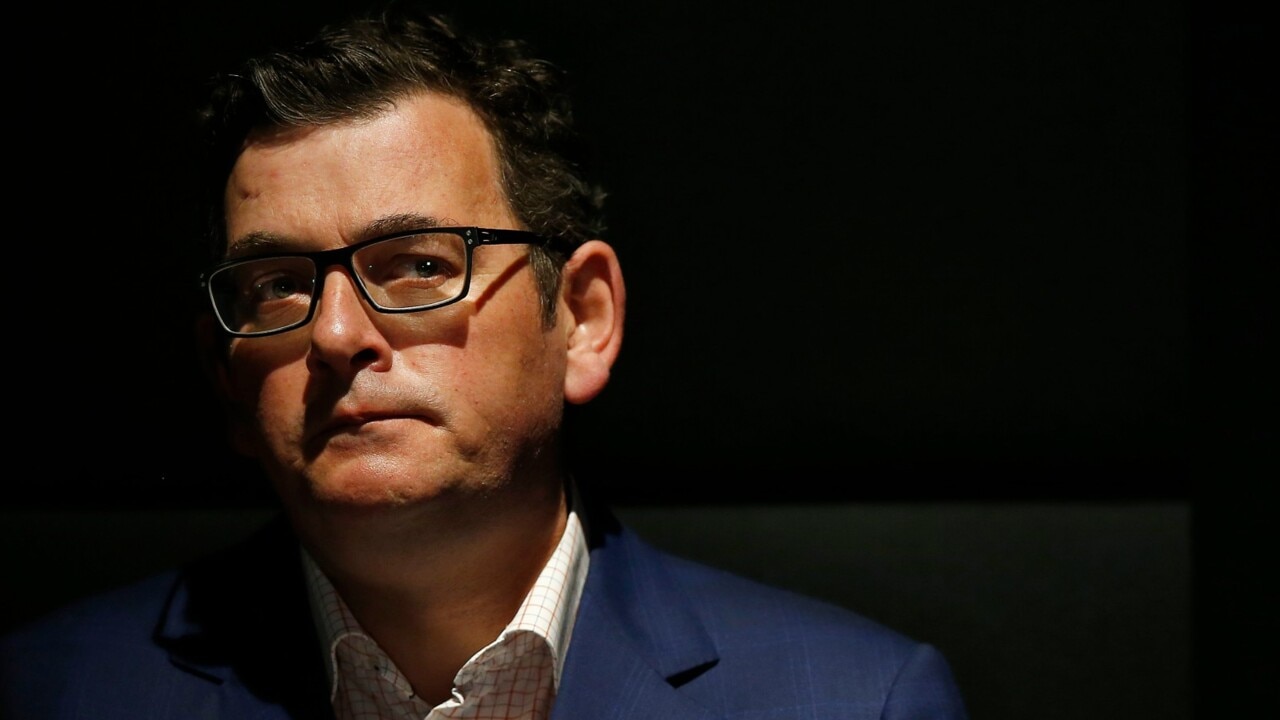
Victoria
Don't miss out on the headlines from Victoria. Followed categories will be added to My News.
The Andrews government is refusing to give Victorians any certainty that next month’s budget won’t include new or increased taxes and charges.
It comes after it was revealed Victoria is paying more per person in tax than any other state in Australia, with the Andrews government and councils pocketing an extra $7.3bn in land tax, stamp duty, rates and other charges last financial year alone.
And there are fears of more hikes next month, with the government under intense pressure to bring down its huge debts in an expected horror budget.
In 2021-22, Victorians paid an average of $5638 to both levels of government, compared to $5537 in NSW, the Australian Bureau of Statistics has revealed.
The total amount of money collected by the Victorian and local governments was $36.9bn, up from $29.6bn the year before – a staggering 24.6 per cent increase.
It is the first time in a decade that Victoria has eclipsed NSW for the average amount of money paid per capita in state and council government charges.
The ABS figures reveal land tax revenue rose from $3.2bn to $4.1bn in just 12 months, while a booming property market helped push stamp duty from $6.6bn to $10.72bn.
Other increases included gambling taxes up $400m to $2bn, and council rates which now total $5.9bn annually.
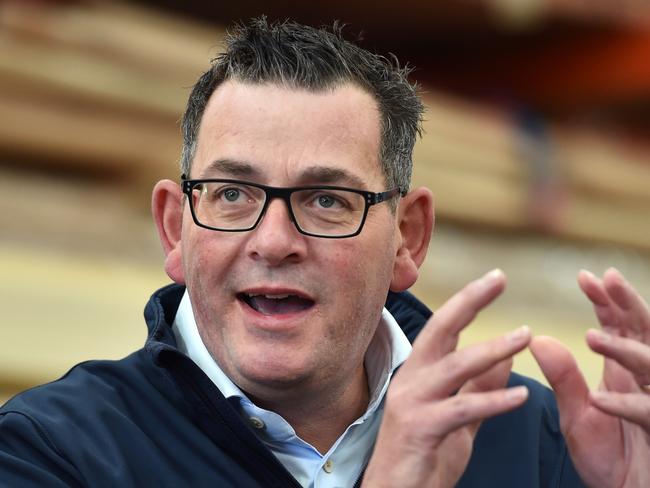
But on Thursday, senior minister Lily D’Ambrosio refused to answer questions about what budgetary measures may need to be taken to combat the state’s rising debt.
Ms D’Ambrosio also refused to say whether cuts to stamp duty or tax relief more broadly was on the government’s agenda.
“I’m not here to make any pre-budget announcements. I’ll leave that to the Treasurer,” she said.
“I’m not commenting either way on any of this.
“I’m not going to be playing that game. The Budget is a matter for the Treasurer and I’ll leave that for him in its entirety.
“He will deliver that and everything will be known on Budget day.”
It comes after revelations that Victoria is paying more per person in tax than any other state in Australia.
Ms D’Ambrosio blamed record house prices and an increase in property sales for the higher taxes.
“That, of course, has led to increasing revenues across the country,” she said.
“Victoria is no different in that regard but as we’ve seen in recent times, the heat out of the property market is coming down, it’s moderating.
“That will no doubt be reflected in revenues for this year.”
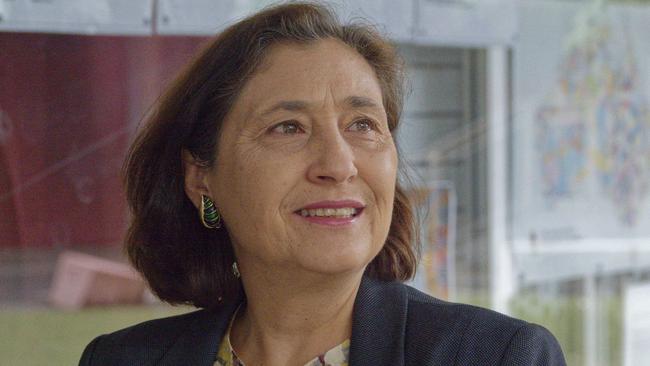
Economist Saul Eslake said stamp duty, the biggest contributor to the increase, was regarded as the “worst tax” as it made state governments vulnerable to the volatility of the housing market.
The soaring increases should spark a broader debate about the future of the tax, he said.
“This is one of the most important reforms state governments can do,” Mr Eslake said.
About 12 per cent of the $7.3bn in extra revenue collected in Victoria came from the $900m lift in land tax income. This was 86 per cent of what NSW collected in the same year and was higher than normal, Mr Eslake said.
“Typically over the previous decade, Victorian land tax collections have been between 70 and 78 per cent of NSW,” he said.
Shadow treasurer Brad Rowswell said: “These numbers confirm that Victorians are paying more Andrews government taxes than they ever have before and are getting less for it.
“And what’s worse, by the Andrews government’s own figures, their tax take will rise by 14 per cent over the next three years; with the land tax take set to increase by 21 per cent over the same time.”
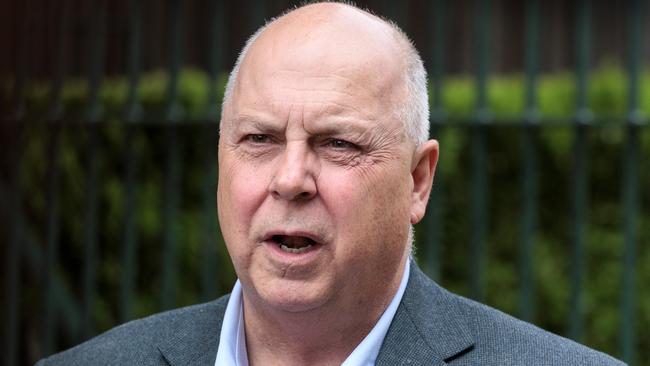
Total state taxes were forecast to rise to $35.6bn by 2025-26 from $18.3bn in 2014, representing a 94 per cent increase, he said.
“Victorians are paying more for car rego and yet there are roads around our state that remain a death trap,” he said.
“Victorians were promised lower power bills, but will be paying 30 per cent more by the end of the year just to keep the lights on.
“For as long as the Andrews government is in power, every Victorian will continue to pay more and get less.”
It comes as a parliamentary inquiry will this week hear from senior state Treasury officials as it examines stamp duty in Victoria, including whether to replace it with a better model.
Victorian Liberal Democrats MP David Limbrick, who initiated the inquiry, said stamp duty was “universally loathed”.
“We’re definitely overly reliant on it but I’m also concerned about the dramatic problems stamp duty causes,” he said.
“It makes it much more expensive for someone to buy a home but also it makes it harder for someone to find a home that is a suitable size.”
A state government spokesperson said in a statement: “Sharply rising property prices and increased volume of sales largely drove the increase in revenue over 2021-22.”
“The property market has since moderated, which will be reflected in the current financial year’s figures.”
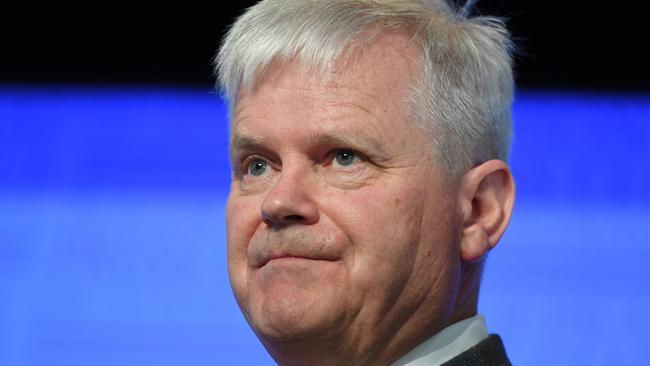
Independent economist Chris Richardson believes some of Victoria’s major infrastructure projects are vanity driven and “don’t really make much sense”.
“There are some white elephants out there,” he told 3AW.
“Victoria spends quite a lot on infrastructure, but some of it, in the nature of these things, are vanity projects that don’t really make much sense, some of it is great.
“(It is important to make sure) if you are going to have to pay the big bucks that … you get value for money.”
Mr Richardson said it should be no surprise that the bigger states had higher taxes because the smaller ones are actively subsidised.
“Victoria basically consciously chooses to have higher taxes,” he added.
“It has better paid public servants, it has better roads. The higher taxes on average are paying for more stuff.”
With Victoria experiencing the biggest population growth, Mr Richardson said it was necessary that the government spent money.
“Getting that right is a delicate balance,” he said, warning that Victoria has the biggest debt problem in Australia.
Mr Richardson said stamp duty should be scrapped in Victoria, but supported increases to land taxes.
“Stamp duty is the stuff that holds a big red stop sign in front of families and businesses moving where they should be,” he added.

